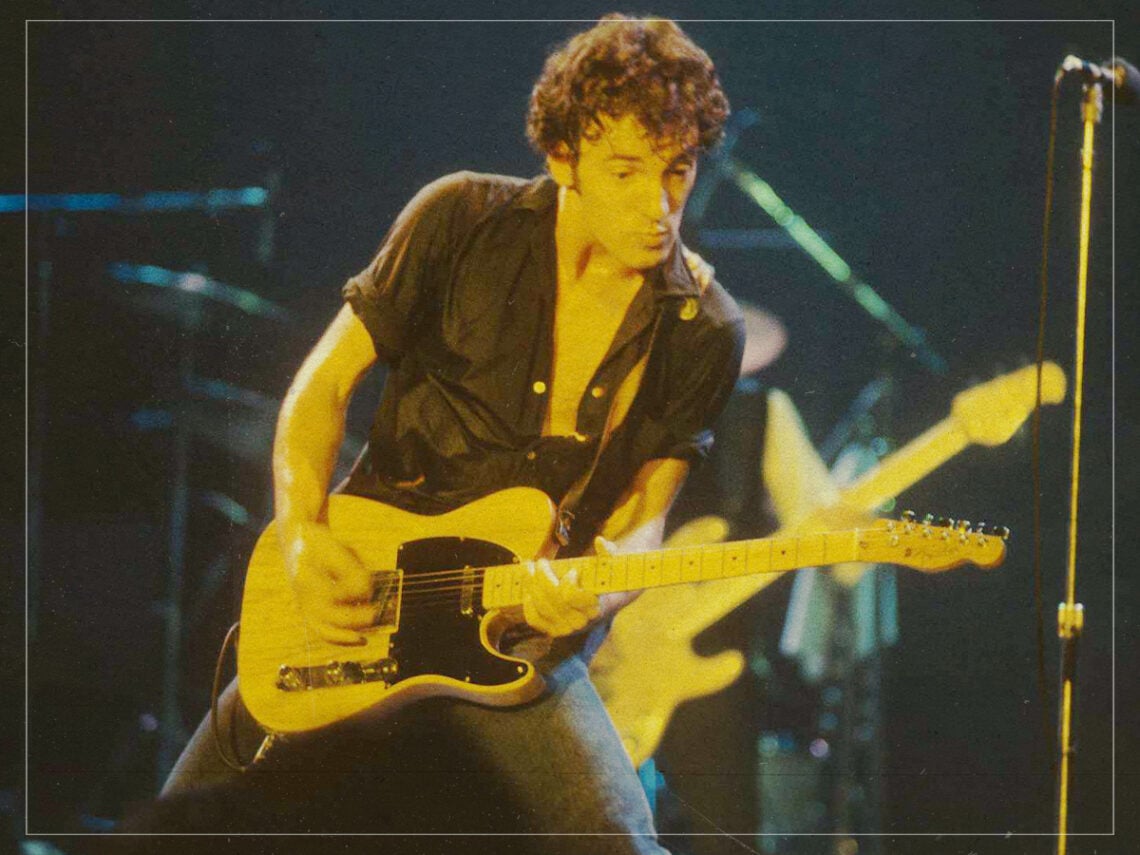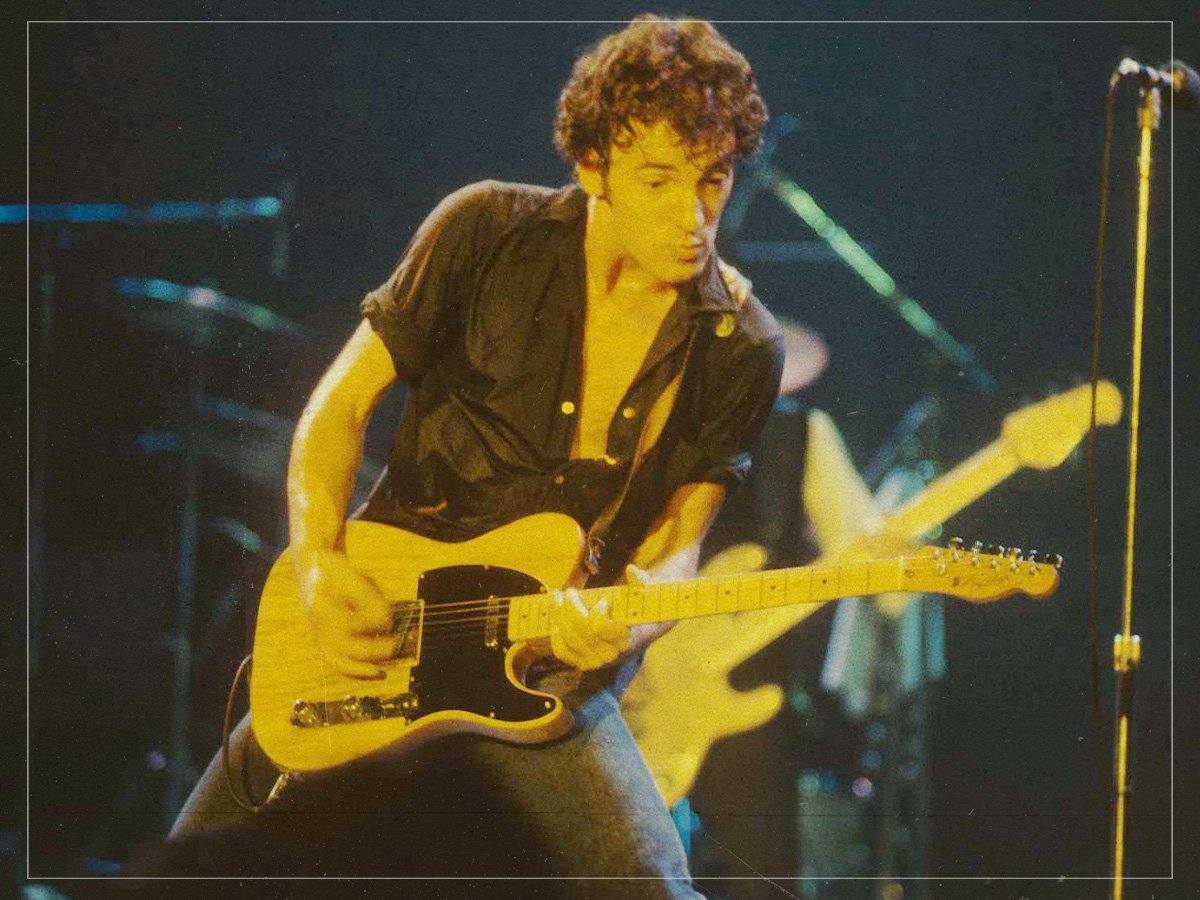
(Credits: Far Out / Carl Lender)
Sat 9 August 2025 4:00, UK
Bruce Springsteen rarely seems like the type to struggle to gain a hit. But one song in particular needed help from the one person guaranteed to save it from the depths of the singer’s despair.
There are countless songs throughout history that are so deeply embedded in cultural communities that it’s hard to imagine them any other way. We take things for what they are because of their status and impact, rarely stopping to think about the story behind it all, unless interest piques and we actually go looking. But with artists like Springsteen in particular, it’s almost like that pull to venture deeper is already there, and there’s something about his mindset and experiences that brings us beneath the surface.
This is also probably why he’s one of the most misunderstood artists in music history. For a long while, and still even now, Springsteen was seen as the mouthpiece for traditional American values, thriving in spaces where the American dream painted its ambiguous lines all over vulnerable, working-class communities like something that could actually be real if they tried hard enough.
But it was never about Springsteen’s catching these patriotic hues of red, white and blue as much as it was capturing the thoughts and memories shaped by such a system, and how oppression emerged from the heavy hands of a cultural value system that did little to help those at the bottom. Springsteen wasn’t ever celebrating his roots as much as navigating the complicated feelings that came with feeling uncertain about your own heroes, whether that was the country or his own family.
So, maybe this is also why he’s rarely seen as a musician who struggles to create his own art, or someone who struggles to reinvent himself at every turn; because it’s not ever really about reinvention in a sense that removes everything he’s ever been known for, but both a reaction and response to anything and everything in his life at every given moment, and how outside forces, like politics, are always shifting between guiding and dictating those experiences.
But despite this complexity and the common misconception, Springsteen does falter occasionally. And one of the more obvious examples of this was during the creation of ‘Because the Night’. By the time Patti Smith had shown up, the song was nothing but an instrumental and a few garbled lyrics, none of which made sense or flowed in such a way that made any of them punch the air with an exclamatory, “That’s a hit!”
Technically, it was engineer Jimmy Ionine’s idea to bring in Smith, mostly because the song wasn’t really getting anywhere, but also because Springsteen seemed relatively lax when it came to suggestions to put it on his album. So when the idea came up to give it to Smith, Springsteen seemed relatively detached, uttering a nonchalant, “If she can do it, she can have it.”
But then Smith came in, recorded it, put her own lyrics to it, and turned it into a massive hit. Reflecting on it later to Louder, Springsteen praised how she came in and completely saved it, saying, “Patti gave me this big hit, right here, that I’m about to sing. If I had sung this song, it would not have been a hit. It needed her voice and her incredible lyrics. So, Patti, I have to thank you dearly for our one big hit together.”
It’s one of those songs that’s almost impossible to imagine any other way. But it also proves Springsteen’s unintentional know-how when it comes to spaces that call for a loosening of the reins, of sorts. As someone so often misunderstood or shoehorned into quintessential American paradigms, the process proved his ability to handle situations that don’t always clearly present themselves, whether in the deep-seated sociopolitical beds of his own world or the nuances of musical excellence.
Related Topics

